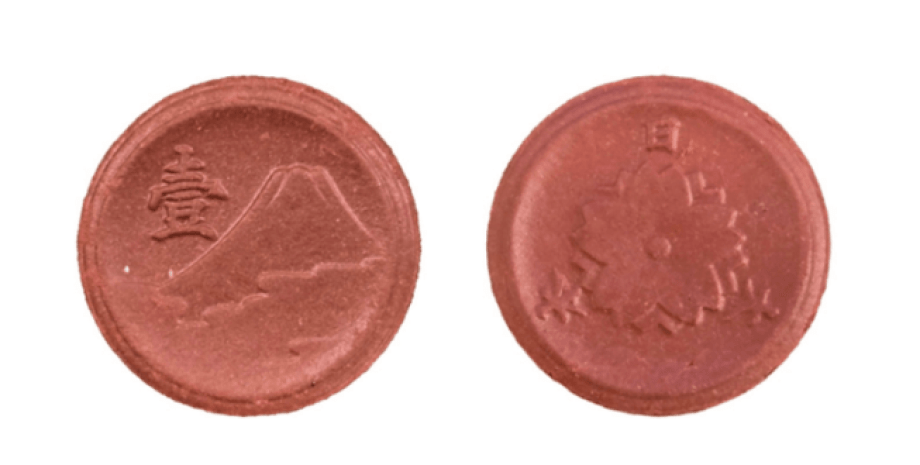
 By Victor Duda
By Victor Duda
Found in a warehouse in Kyoto, these coins were made as an unusual event during World War II because of a sharp metal deficiency, Arkeonews writes. In focus, technology appeared its Telegram channel. Subscribe to not miss the latest and most intrusive news from the world of science! Ceramic coins stored in 15 wooden boxes in the Shofu Inc. office.
In Kyoto, the Shofu Industry Corporation relics, one of three companies, designated by a Japanese coin for coinage during metal deficiency during World War II. Each coin on one side of which is depicted by Foodie Mountain, and on the other - Sakura flowers are "Saint", which is estimated at 1/100 yen. They were thought to be destroyed after the war, but this recent find returned them.
At that time, Shofu Industry Corporation was famous for its experience in the production of ceramics, specializing in high quality dentures, and was one of the few companies that were instructed to make these ceramic coins. According to the Japanese Mint, located in Osaka, the coin shortage began when metal resources were redirected to the production of ammunition. Due to the lack of metal, about 15 million ceramic coins were made.
After the Second World War, these coins were destroyed, and the artifacts themselves were called "phantom coins" for their elusive status in Japan's economic history. Coins, together with ceramic tea service and export plates, have recently been transferred to the Japanese Mint, which plans to expose them in their museums and branches in the site and Hiroshima.
Japan's mint head, Goto Kendie, expressed his deep gratitude to the Tesouo, the president of the firm who found the coins for preserving these important artifacts. This find gives an idea of a little -known page of Japanese history. According to one official, these coins are a rare and invaluable reminder of the stability and ingenuity of the nation in the face of wartime challenges. Earlier, Focus wrote why scientists were wrong about the remains of Vesuvius victims.










All rights reserved IN-Ukraine.info - 2022